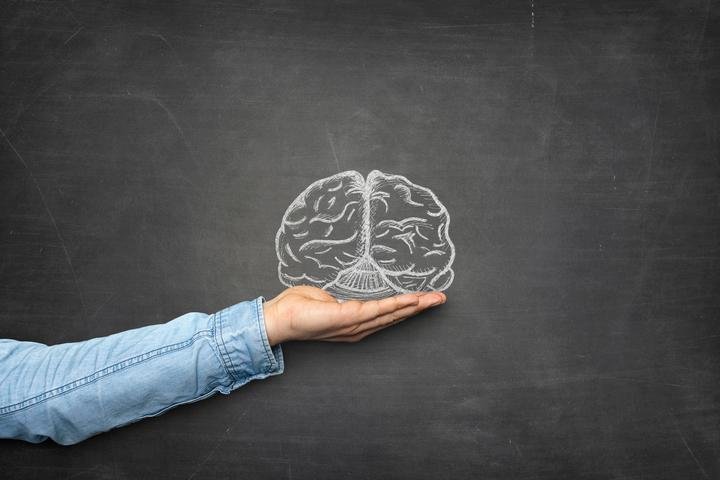Dean Burnett is a neuroscientist, blogger for The Guardian, comedian and a lecturer at Cardiff University. In between all of that he has also just recently published his book entitled ‘The Idiot Brain: What Your Head Is Really Up To’ in which he goes on to explain many of the mysteries of the brain and why it does some of the things that it does. The answers to a few of these quandaries are listed below:
1. Why do we get motion sickness? Burnett explains this occurs because there is a conflict in the senses that are being relayed to the subcortical part of the brain where senses are integrated together. While our bodies and muscles are telling us that we are still, and our eyes are telling us the environment is still, our balance sense in our ears are detecting movement, sending confusing signals to the brain and producing neurotoxins in the process. The neurotoxins make our bodies believe we have been poisoned, and our reflex action is to throw up.
2. Why do we have trouble remembering names of people we have just met, but can recognize their face? This is because our brains have a dedicated region for faces whereas to remember someone’s name you need to repeat it over and over before it is stored in your long-term memory.
3. Why are less intelligent people more confident in their abilities than more intelligent people? The theory here, Burnett explains, is that more intelligent people are more aware of what there is to know in comparison to what they do now. If a person is unintelligent, they are unable to compare their abilities to others in the same way giving them the extra confidence.
4. Why do more intelligent people use less brain power? Research has shown that people you can complete tests and solve puzzles quickly and more efficiently show less activity in the intelligence part of the brain. The theory behind this is that because this are is more efficient it doesn’t have to work as hard as those that are less intelligent.
5. How can acetaminophen (an active ingredient in some painkillers) be effective for the heartache a person experiences after a break-up? Burnett explains that when a break-up occurs, the area of the brain that processes the discomfort and upset is the same part that deals with pain. So, by taking a painkiller, you can effectively ease the symptoms of your broken heart too.
More News To Read











